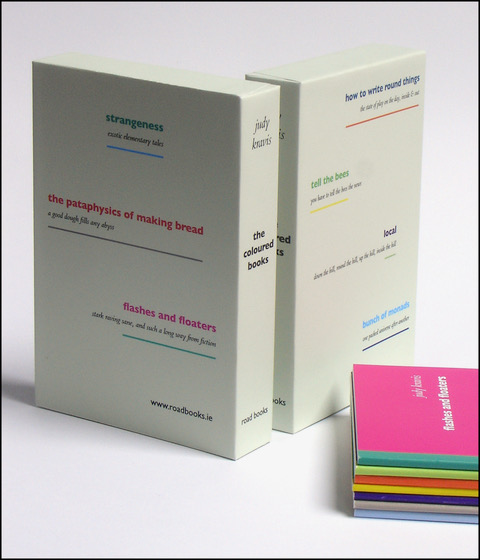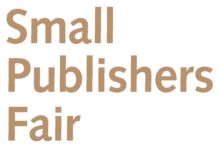In the last five centuries the printed book that began in Gutenberg’s press has expanded and shrunk every few generations. It has mocked, admired and abandoned itself only to re-emerge in loud fettle.
One avatar of the last hundred years is the artist’s book, fruit of conviction as strong as Gutenberg’s that this is the book to make now, free of all diktats and classification, the container and the sieve of this moment in the artist’s life and work.
Our culture may have lost, or wilfully obscured, the sense of the book as intact treasure, but something equally precious has taken its place: the fluid, adventurous artist’s book, livre à la dérive, book adrift, not touching the bank on either side – the bank of reason or the bank of narrative – heading for the open sea.
Judy Kravis, road books writing in 2014 for (Limerick International Publishers Salon




